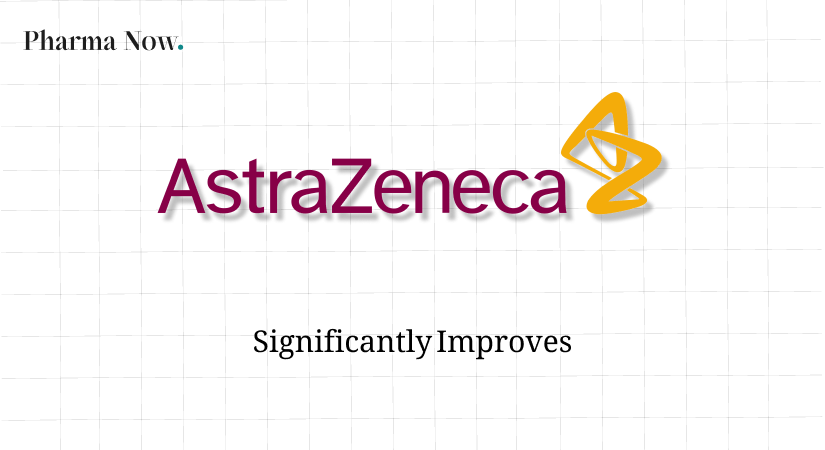AstraZeneca’s Imfinzi Plus BCG Significantly Improves Disease-Free Survival In High-Risk NMIBC
AstraZeneca’s POTOMAC Phase III trial shows Imfinzi plus BCG improves disease-free survival in high-risk NMIBC.
Breaking News
Oct 18, 2025
Vaibhavi M.

AstraZeneca has reported positive results from its POTOMAC Phase III trial, demonstrating that adding Imfinzi (durvalumab) to BCG induction and maintenance therapy led to a statistically significant and clinically meaningful improvement in disease-free survival (DFS) for patients with BCG-naïve, high-risk non-muscle-invasive bladder cancer (NMIBC). The findings showed a 32% reduction in the risk of disease recurrence or death versus BCG alone. These results were presented at the ESMO Congress 2025 in Berlin and simultaneously published in The Lancet.
Maria De Santis, MD, Head of the Interdisciplinary Uro-Oncology Section at Charité – Universitätsmedizin Berlin, Germany, and a principal investigator in the POTOMAC trial, said: “While patients with early-stage bladder cancer are treated with the goal of cure, early recurrence is common among those with high-risk non-muscle-invasive bladder cancer. This can lead to repeated surgical procedures and more intensive treatment, including removing a patient’s bladder which deeply affects their quality of life. The results of POTOMAC showed that adding one year of durvalumab to BCG bladder instillation treatment reduced the risk of recurrence by 32 per cent, allowing more patients to remain disease-free and alive at two years.”
After a median follow-up of more than five years, the Imfinzi regimen achieved a DFS hazard ratio (HR) of 0.68 (95% CI 0.50–0.93; p=0.0154), with median DFS not yet reached for either group. At the two-year mark, 87% of patients receiving Imfinzi plus BCG remained alive and disease-free, compared to 82% in the comparator arm. While the study was not designed to assess overall survival (OS) statistically, a descriptive analysis showed no detriment to OS (HR 0.80; 95% CI 0.53–1.20).
Susan Galbraith, Executive Vice President, Oncology Haematology R&D, AstraZeneca, said: “The early and sustained disease-free survival benefit observed in the POTOMAC trial demonstrates Imfinzi has the potential to change the course of high-risk non-muscle-invasive bladder cancer by extending the time patients live without high-risk disease recurrence or progression. These results build on Imfinzi’s practice-changing impact in muscle-invasive bladder cancer and further validate our strategy to bring novel therapies into earlier-stage disease where they can have the greatest impact on patients’ lives.”
The safety profile of the combination was consistent with the known effects of both treatments, with no new safety signals identified. Grade 3 or 4 adverse events occurred in 34% of patients in the Imfinzi arm versus 17% in the BCG-only group. Importantly, Imfinzi did not interfere with the completion of BCG therapy or impact patient-reported quality of life. These results reinforce the favorable benefit-risk balance of the regimen. Imfinzi is already approved for muscle-invasive bladder cancer (MIBC) and continues to be investigated across multiple bladder cancer settings, including cisplatin-ineligible and metastatic disease populations.
